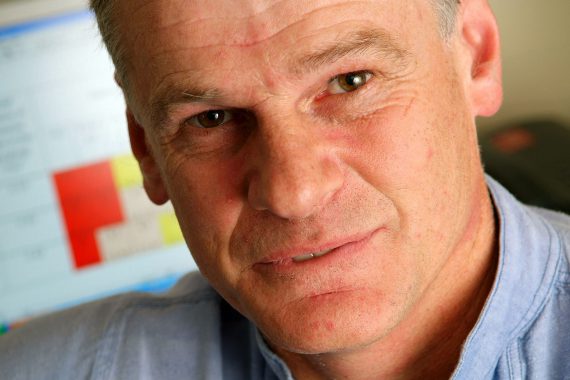Seven GPs have been recognised in the New Year’s honours list for their work in early cancer diagnosis, medical research and primary care.
These included GP cancer expert Professor Willie Hamilton, professor of Primary Care Diagnostics at the University of Exeter, who received a CBE for ‘services to improving early cancer diagnosis’.
Meanwhile, Dr Richard Lewis, former secretary of the Welsh BMA and current primary care lead for NHS Wales, was honoured with an MBE for his ‘services to healthcare in Wales’.
Other GPs honoured included Professor Louise Robinson, professor of primary care and ageing at the Newcastle University Institute for Ageing, who received a CBE for ‘services to primary care’, and Professor Frederick Richard Hobbs, director for primary care research at the National Institute for Health Research School in Oxford, who received the same award for ‘services to medical research’.
Dr Nick Roberts, chief clinical officer for NHS South Devon and Torbay CCG, was awarded an MBE for ‘services to general practice’, while retired GP Dr Pauline Hutchison, who founded a charity which provides healthcare for children in rural Uganda, received an MBE for ‘services to children in Uganda’.
South Wales GP Dr Heather Potter, area clinical director for Neath, Port Talbot and Bridgend, was awarded a British Empire medal (BEM) for ‘services to healthcare’.
Professor Hamilton, who is currently working on a number of research projects aimed at targeting the right cancer tests to the right patient, said: ‘This CBE recognises the whole team here. I’m absolutely thrilled to bits.
‘Now we’re full steam ahead into 2019. Our country’s cancer survival rates are getting better but that’s not enough. We want to be leading the way.’
Professor Robinson said: ‘I am overwhelmed and absolutely delighted to be recognised in this way for what, to me, has been not a job but a lifelong passion to improve the care of older people, especially those living with dementia.’
Congratulations to former Welsh secretary Dr Richard Lewis on receiving an MBE for services to healthcare in Wales in the #NewYearsHonours
— BMA Cymru Wales (@BMACymru) December 28, 2018
Many congratulations to our @sapcacuk colleagues recognised in this year’s NY Honours list. Professor Dame Louise Robinson, Professor Richard Hobbs CBE & Professor Willie Hamilton CBE (@BoomboomchiefsT). We are very proud of you – have we missed anyone?
— SAPC (@sapcacuk) December 29, 2018

















